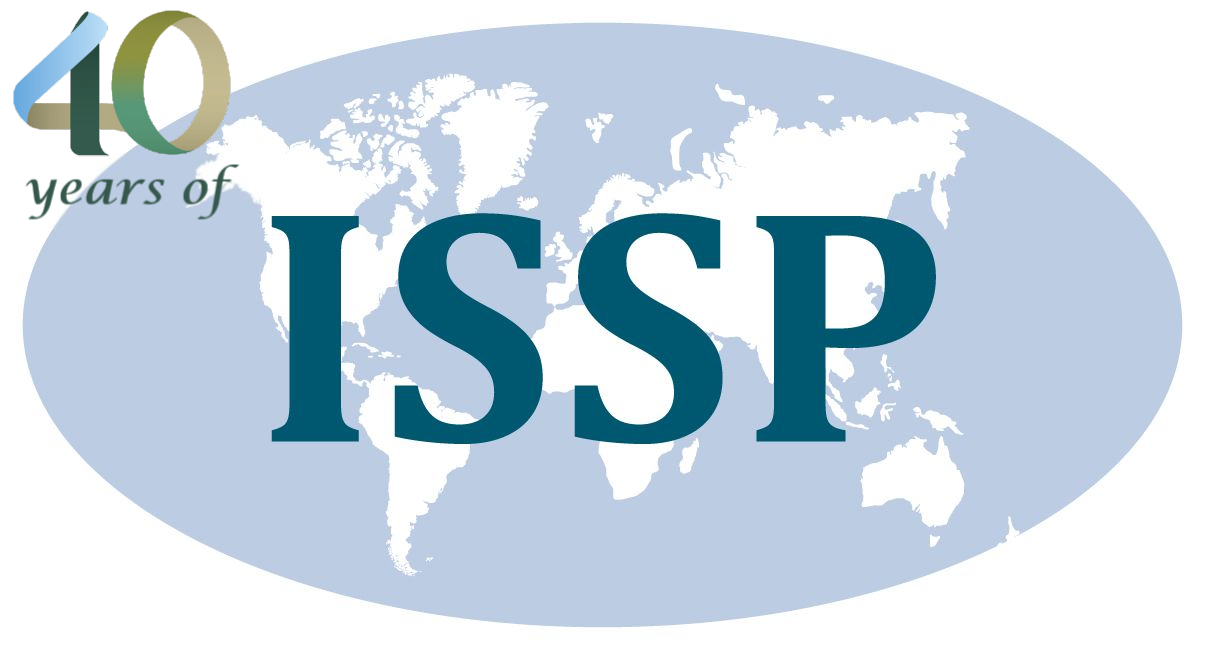Hungary
TÁRKI, Social Research Institute, Budapest
Tarki Social Research Institute is employee owned, specialized in applied social research, with a history of over thirty years. Based in Budapest, Hungary, its research focus spans from social stratification, labour markets, income distribution, consumption and lifestyle patterns to attitudes in Hungary and, in the majority of its projects, in Europe. An important stream of Tarki’s activities relates to survey methodology and developments of data collection technologies. Tarki is closely embedded in international collaborations with major European academic partners in various European research projects on comparative study of poverty and inequality (research projects like GINI, ImPRoVE), on labour markets (STYLE) and on migration and cross-border relations (ENRI-EAST, EUROBORDERREGIONS), on development and operation of research infrastructures (CESSDA, InGRID), on monitoring of the living conditions in Europe (Social Situation Monitor) and on Hungary (Tarki Household Monitor series).
Tarki has its own fieldwork apparatus, capable of carrying out regular Hungarian surveys on social structure and on attitudes and of managing large scale international research like, most recently, on the Impact of Privatization on the Mortality Crisis in Eastern Europe (PrivMort) and on several attitudes in the Visegrad countries (CEORG). Tarki joined ISSP at the very beginning (in 1985), as the first CEE member in the international team. Tarki also carries out the Hungarian fieldwork of various other high quality international surveys like the Hungarian part of Survey of Health, Ageing and Retirement in Europe (SHARE), of the European Social Survey (ESS) and occasionally several others like the World Values Survey (WVS), for example.
Tarki has been active in building up household and enterprise panel studies in Hungary. Tarki was the first to establish an annual household panel study in the mid-nineties (1992-1997), to which a follow-up was completed in 2007 (HÉV). Tarki also conducts biennially a cross-sectional longitudinal survey entitled the Tarki Household Monitor. The Monitor is an important regular data source for Hungarian income distribution and is widely used in various international income distribution reviews. With each survey, analyses are conducted by Tarki staff and published in book form.
Tarki has a strong tradition of social reporting that aims to elucidate Hungarian and European socioeconomic trends and their evolution over time. Tarki has published four series of social reports: Tarki Monitor Report (analyses of data from the Tarki Household Monitor Survey); Social Report (a report on the state of Hungarian society); Changing Roles (presents and tracks changes in the social position of women and men); and European Social Report (analyses of demographic, labour market and income distribution trends in all 27 EU Member States using data from EU-SILC). The Social Report in particular, with its two-decade history and fourteen volumes, is highly regarded and widely referred to in scientific publications and reviewed in the press.
Tarki researchers are also integral parts of design and implementation of various international surveys. Most recently Tarki staff was invited (as a member of an international consortium) to design a separate a module on social justice for inclusion in the European Social Survey Wave 9 questionnaire. The new module will be fielded from September 2018 with data available in late 2019.
The majority of staff and of the broad intellectual network of Tarki have PhD’s with substantive and methodological interests and many hold professorial appointments at major Hungarian (and occasionally, various European) universities. Tarki is proud to have a distinguished network of external advisors.
Tarki has an institutional culture that places great emphasis on excellence in research. Tarki’s management has chosen four principles to guide the institute’s staff and activities: independence, highest professional quality, balanced interpretation, and openness and commitment to democracy. These four principles have been encoded in Tarki’s Code of Ethics that was written upon the founding of the institution. The quality of our research output is evidenced by our renown in Hungary and in numerous policy circles at the European level. Tarki regularly appears on global rankings of top social policy think tanks (see the 2016 Global Go To Think Tank Report here).
Africa
Europe
<< Member states
